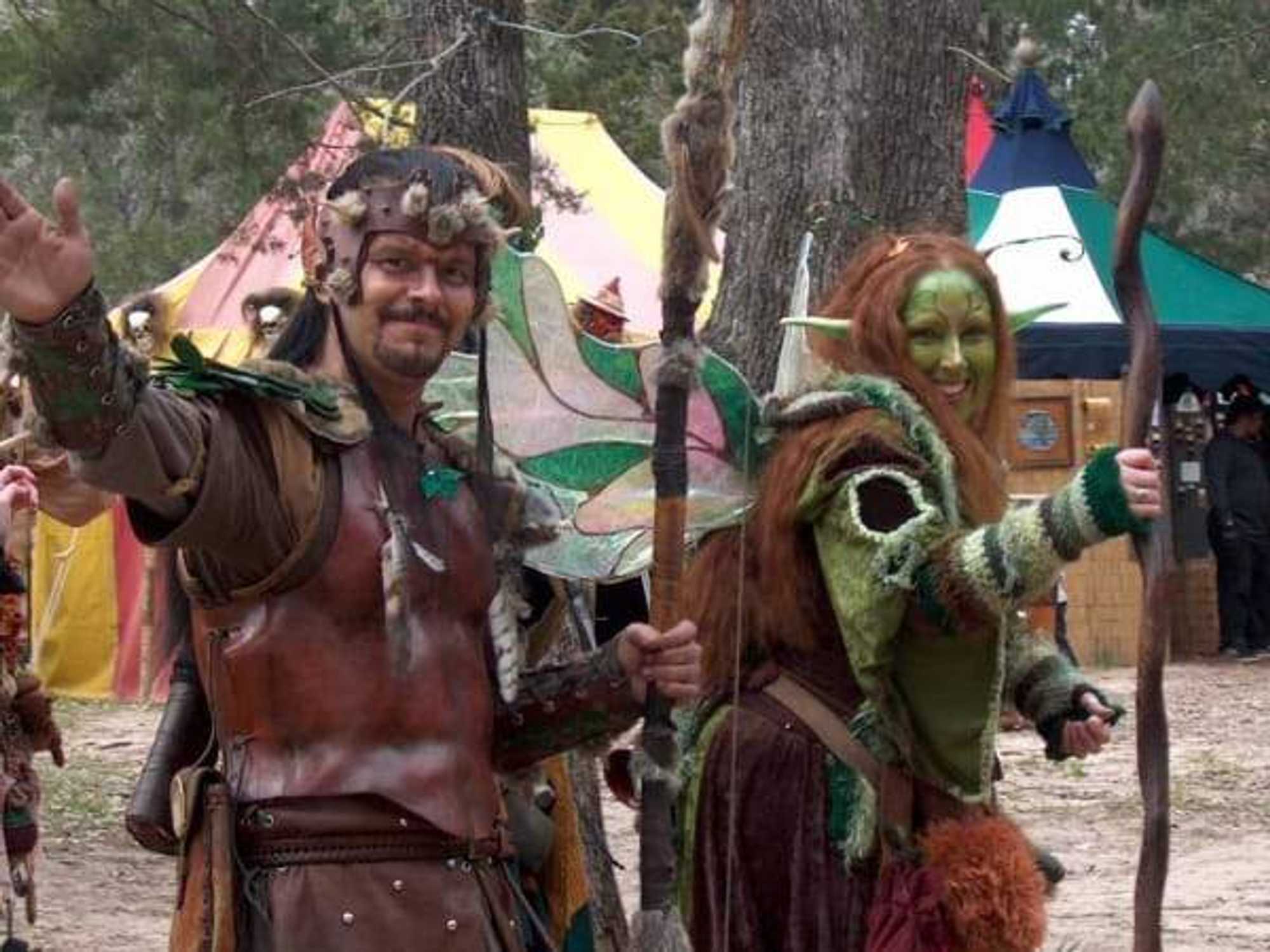Stubb's Makes the Cut
Only one Austin venue named on Billboard's 25 Most Popular Music Clubs
On Tuesday, August 19, Billboard released its rankings of the 25 Most Popular Music Clubs in the U.S. The list is based on ticket sales reported to Billboard Boxscore from May 1, 2013-April 30, 2014. Stubb’s, Austin’s famed concert venue and barbecue restaurant came in at No. 25 — the only local music club to make the list.
During that time period, Stubb’s had a total attendance of 116,582. The No. 1 spot went to the House of Blues in Orlando, Florida with a total attendance of 339,470. In fact, the House of Blues chain of concert halls occupies 12 spots on the list, including the Dallas location at No. 4 and Houston’s House of Blues at No. 6.
In addition to serving up barbecue and hosting the famed Gospel Brunch on Sundays, Stubb's is known for the little details that make it such a special place for visiting musicians. Talent buyer Margaret Galton of C3 Presents told Billboard about the appeal of the recently renovated Airstream trailer that’s become a popular spot for bands to unwind while visiting Stubb's.
"It was gutted and lined with wood panels and decked out to be sleek and stylish, but still have that outdoor age-old music vibe to it," says Galton. "It's become a cool hang for bands to meet or talk or jam together."
Joining the House of Blues in Orlando to rounding out the top three venues in the nation are the House of Blues in Boston (No. 2) and the 9:30 Club in Washington, D.C. (No. 3).
